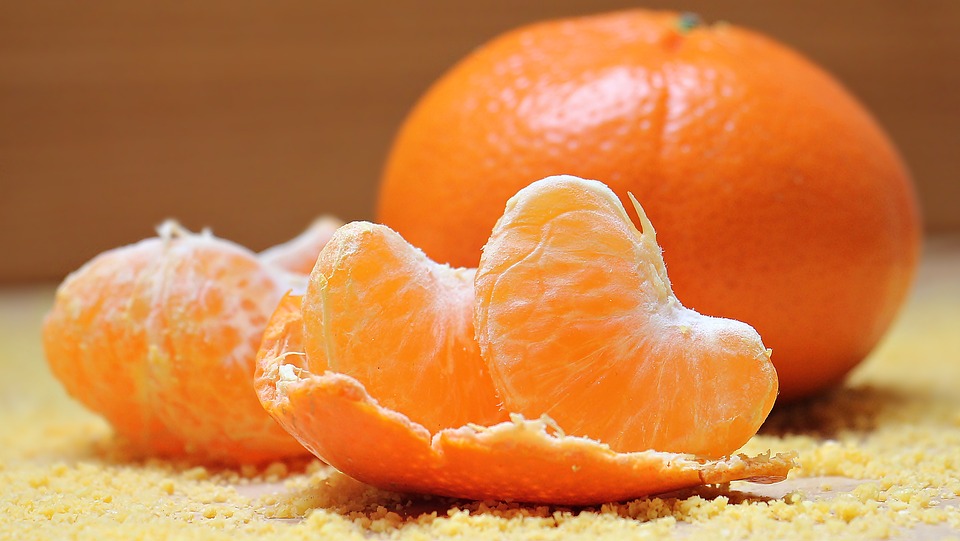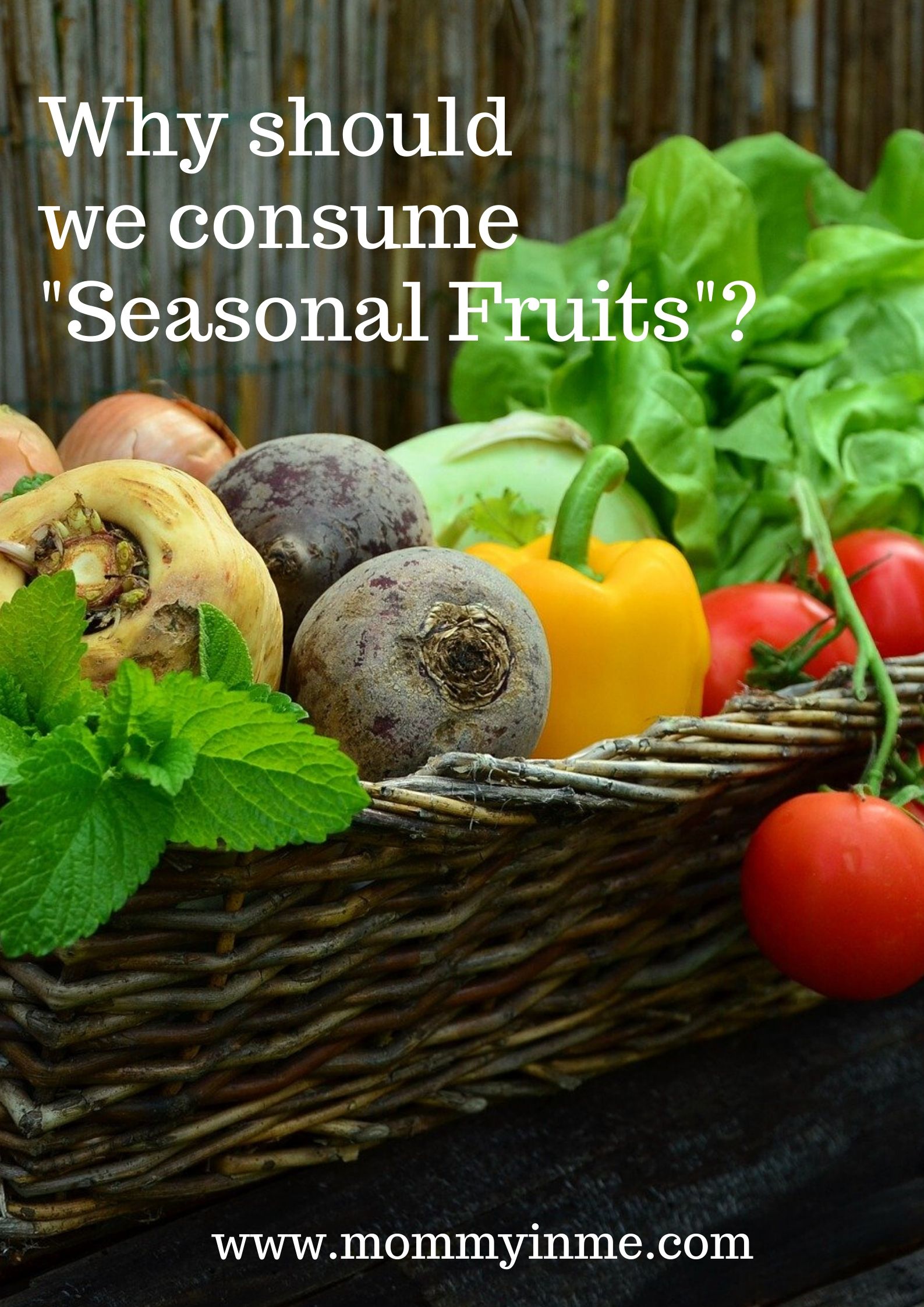Do we need to consume seasonal fruits/produce?
Do you remember our childhood when we used to wait for those delicious Mangoes in summers and juicy Pomegranates in winters? Even when we were small (20+ years ago), the concept of seasonal produce worked, rather than getting produce all around the year in supermarkets. Today, in the 21st century, if we wish, we get to eat mango and melons even in winter. We get to eat whatever we wish to, at any time and this has negated the natural cycle. Continue reading to know why should we consume seasonal fruits and produce.
There is a reason why the seasonal fruits grow in specific seasons and not all round the year. There is a whole lot of science behind seasonal fruits and their incredible importance to our health. During winters, our body is more prone to infections and common colds. This is why our body needs more Vitamin C. Winter fruits like Guava, Oranges, Strawberry, Kiwi are super-rich in Vitamin C. Their consumption enhances our immunity and resistance towards the cold. Whereas, summer fruits like melons, are watery in nature and keep our body hydrated and rejuvenated.
- Check out Spicy Guava Salad and bars recipe here
Should we make a conscious choice to consume seasonal fruits/produce?
I’ll answer this question as yes! Well, not just me, researchers, nutritionists and even our elders have focussed on relishing the seasonal fruits. Today, due to technological advancements in agriculture, almost all fruits and vegetables are available in most of the season. But, it is important to respect the cycle of nature and our body’s balance which is in tune with nature.
Does the nutrient content of Seasonal fruits and vegetable changes?
Did you know that the nutrient content in the seasonal produce changes as per the season?
Spinach is a winter leafy vegetable, how does it even come in summers in full supply? The answer is that these produces are preserved, with the use of all pesticides, preservatives, ripening agents, wax coatings. All these chemical agents, makes them look fresh and clean from outside, but from inside they are devoid of any nutrition we are seeking for.
There was research conducted at the University of California Davis which concluded that Vegetables lose between 15% -77% of their vitamin C content within a week of harvest. What clubs after that is the transportation(3-5days), setting up in the grocery store(add on 1-2 days). The product is then bought by the consumer and it is again cooked within a timeframe of 3-5days, while the produce is refrigerated. The question to my readers now is, do you think that the spinach you consume in summers or summer foods in winters retains that nutritional value? This study showed that spinach and green beans lose two-thirds of their vitamin C within a week of harvest.
Hence it is of utmost importance that we consume Local seasonal produce, which is harvested at its maturity.

What are the benefits of eating local seasonal fruits and vegetables?
1. Better Taste:
And you are the best judge on this parameter. The taste and the juiciness of fully ripe mango of the season and the one you get out of cold storage in the months of October-November can be compared easily. The fresh seasonal produce always has better flavors, texture. The reason being, it is harvested when it ripes in the same season and no ripening agents and preservatives are required. Taste of naturally ripened fruits comes out different compared to the ones which are plucked when raw, transported and then ripened with agents. By then, a lot of their nutritional content is lost.
2. Higher Nutritional Value:
Due to the freshness of seasonal produce, it has better nutritional value. Vitamin C, antioxidants, folates, and some other compounds deplete when they are stored for a longer time or not consumed closer to their harvesting time. Out-of-season-produce is often stored for a longer period and coated with wax to retain the shelf life. Such fruits lack most of the nutrients.
3. Supports Local Farmers:
A conscious decision of opting for in-season produce also supports local farmers. It promotes them towards a more sustainable and environment-friendly farming practice. It also preserves the environment, like transportation, refrigeration reduces to quite a lot extent.
4. Penny Saved:
Every penny saved is a penny earned! Yes, seasonal fruits are always cheaper than the off-season ones. Save that penny, and enjoy the fresh produce, full of rich nutrients.
Conclusion: Why should we consume seasonal fruits?
Hence consuming fruits and vegetables is great for our health, but consuming seasonal fruits and vegetables gains better points! Make a conscious choice and spread awareness around embracing nature’s cycle.
Much Love,






